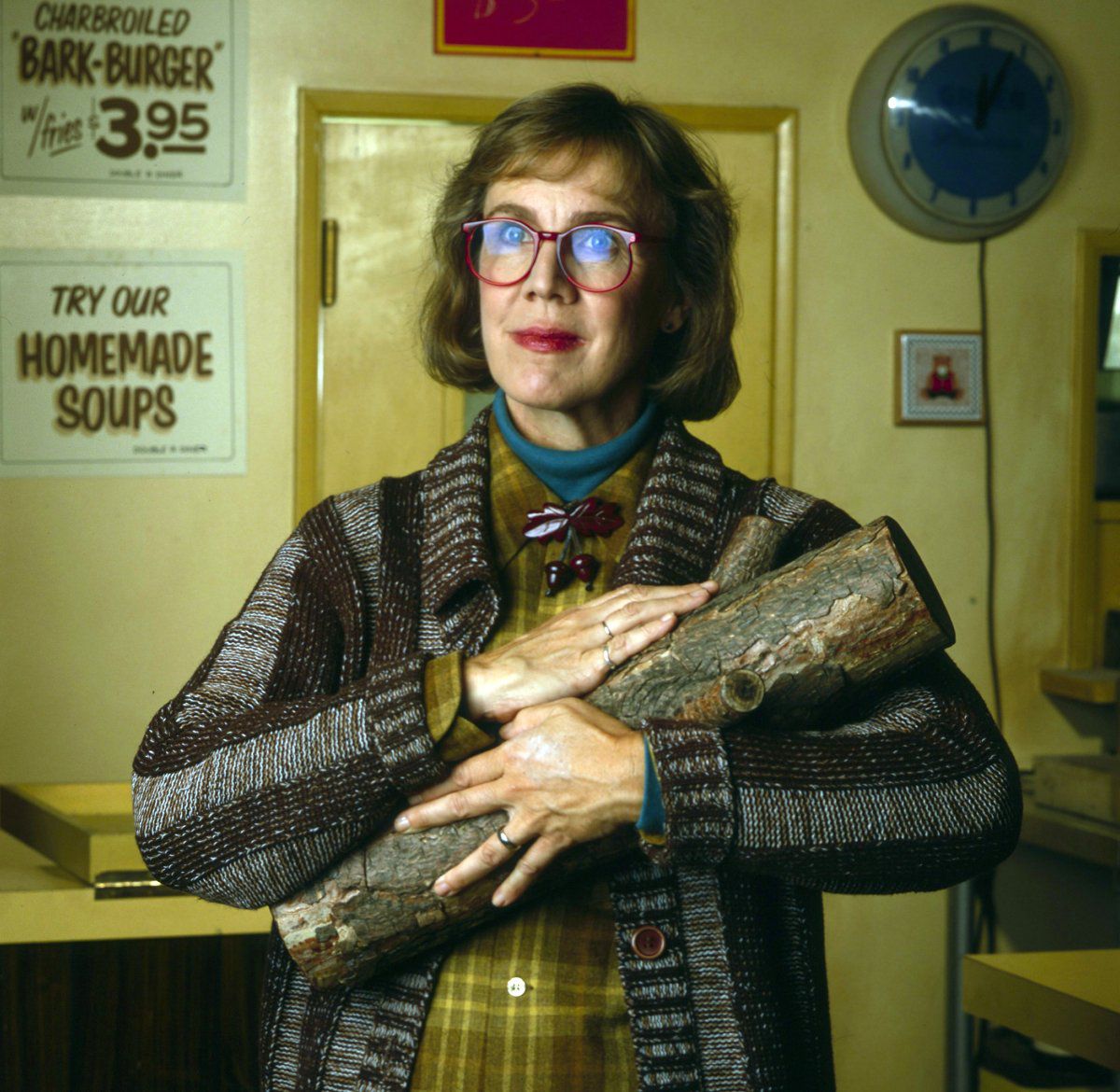David Lynch, 78, died in Los Angeles on January 15. While the world will remember him for his surrealist films, tinged with the stuff of dreams, he also left behind advertisements for the big names in luxury goods and, even more personally, the paintings and drawings he produced in his spare time.
A graduate of the Pennsylvania Academy of Fine Arts, David Lynch came to filmmaking through drawing and painting, his graduation project consisting of creating a mini animated film around his pictorial works, in a way that was as innovative as it was amusing.
But already, his dark universe, as singular as it is disturbing but tinged with absurdist humor, is beginning to win over his fellow students and teachers. According to an equally Lynchian legend, it all started withan electric shock: his encounter with the tortured works of Francis Bacon.
This sense of visual drama was to follow him through a dozen films over the next thirty years, some of which left a lasting impression on the retina, such as Eraserhead, Mulholland Drive and Blue Velvet. He was less fortunate on television, however, having created a television UFO in two seasons: Twin Peaks.
Freaks and false pretenses
If David Lynch were a piece of music, it would inevitably be a song from the 1950s, the golden age of American consumerism. The Montana native retains a close link with his childhood memories of cherry pie, Drive-ins and Diners, retro fast-food joints with red neon lights serving burgers, fries and milkshakes. His work abounds in homage to this period, from the decor to the soundtrack. We might therefore tend to associate him with the light-hearted, innocent productions of the period. But that’s to misunderstand his taste for the bizarre, to the extent that Percy Faith’s Theme from a summer place, as naive as it is eerie in its instrumental ritornello, (too) easily sums up his character. It’s a song that’s both the candy of an era and the sanitized music of an elevator.
His stories are full of characters who are, to say the least, strange and even disturbing, such as “the woman with the log” and the dancing dwarf in the Twin Peaks series, the violent drug dealer Frank Booth (Dennis Hopper) in Blue Velvet or Bobby Peru and his mistress Perdita Durango in Wild At Heart.

As one of his favorite actors, Kyle MacLachlan (Dune, Blue Velvet, Twin Peaks), recalls, he retains very precise multisensory memories of this era, such as the time he liked to enjoy his milkshakes at Bob’s Big Boy, so that they were at a certain temperature. This same meticulousness can be found in the choice of music for his films, finding in Angelo Badalamenti his sonic double.
This taste for the strange and the “freaks ” (bizarre personalities both physically and psychologically, editor’s note) is said to have been born ofa visual shock in the presence of his brother: the sight of a naked woman in the middle of the street. Neither moved nor amused, he burst into tears, imagining that the worst must have happened, even in a small town that looked too perfect to be honest. He learned a lesson that permeates all his work, namely that even the most peaceful villages are home to disturbed people who do things they’d rather keep secret.
Click here to read the entire article on Luxus Magazine
Featured Photo: DR


















